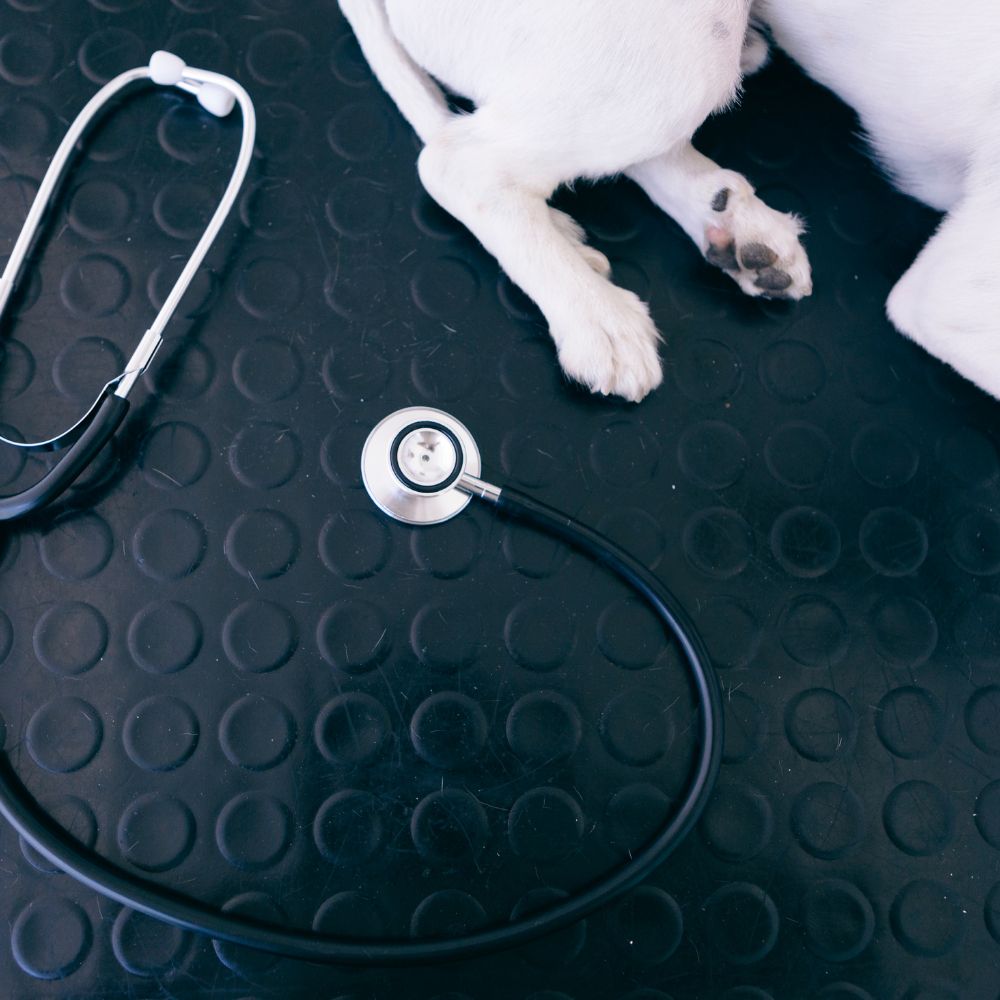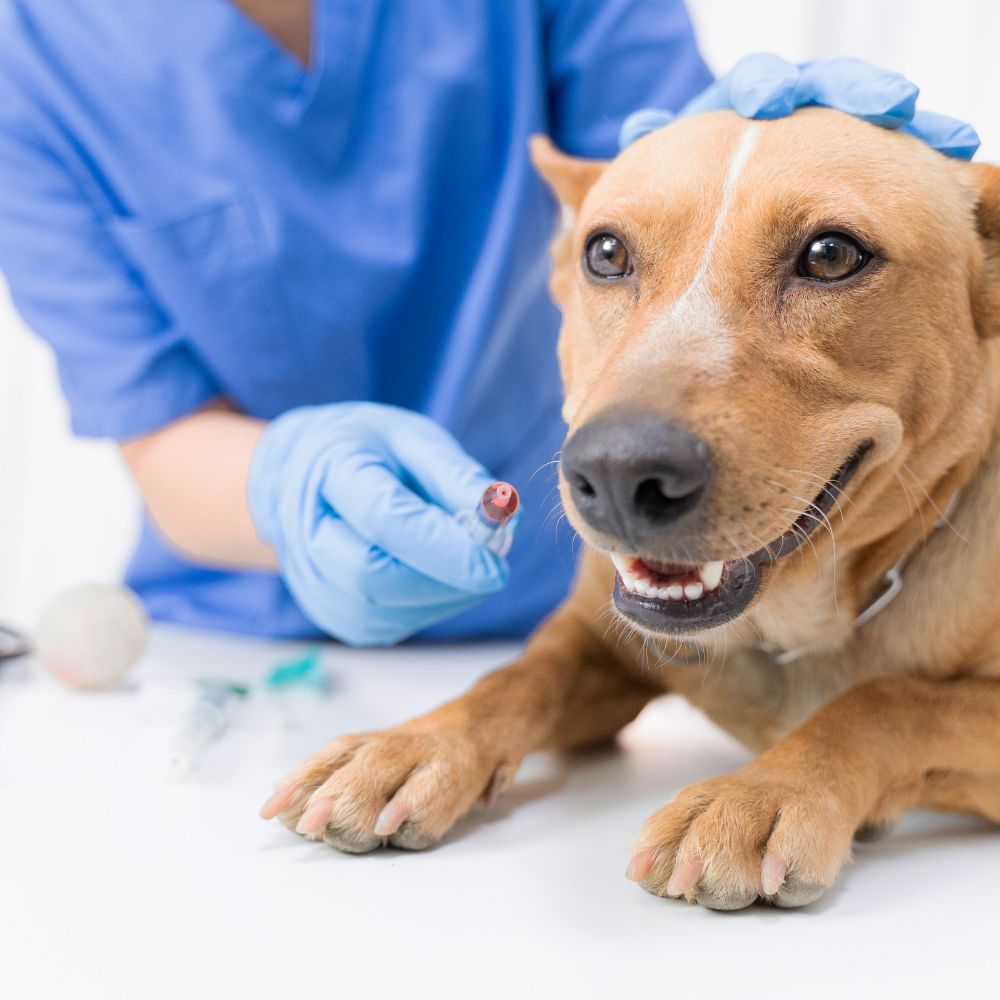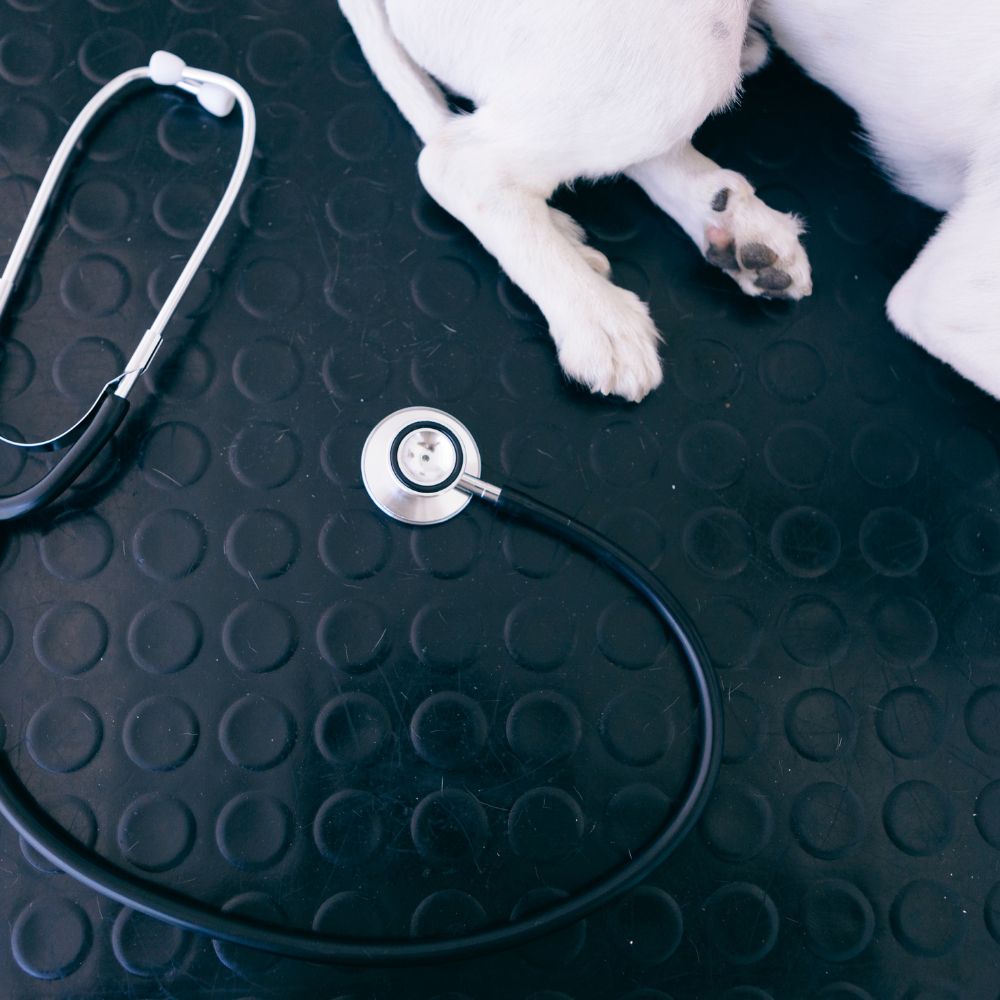Common Health Problems in Dogs and How to Prevent Them

Keeping your dog healthy is a top priority for every pet owner. Dogs, like humans, can suffer from a variety of health issues, but many of these can be prevented or managed with proper care. Here’s a guide to some common health problems in dogs and how to prevent them, helping your furry friend live a long, happy life.
Obesity: Keeping Your Dog Fit and Trim
Obesity is a growing problem in dogs and can lead to other health issues like diabetes, arthritis, and heart disease.
Signs of Obesity:
- Visible weight gain
- Difficulty feeling ribs under the skin
- Reduced energy levels
Prevention Tips:
- Balanced Diet: Feed your dog a high-quality diet appropriate for their age, size, and activity level. Avoid overfeeding and limit treats.
- Regular Exercise: Ensure your dog gets plenty of physical activity every day. This can include walks, playtime, and interactive toys.
- Portion Control: Follow feeding guidelines provided by your vet or pet food manufacturer. Use a measuring cup to avoid overfeeding.
- Regular Check-Ups: Regular vet visits can help monitor your dog’s weight and overall health, allowing early intervention if weight gain occurs.
Dental Disease: Maintaining Those Pearly Whites
Dental disease is one of the most common health issues in dogs. It can lead to pain, tooth loss, and even systemic infections if left untreated.
Signs of Dental Disease:
- Bad breath
- Red or swollen gums
- Difficulty eating or chewing
- Yellow or brown tartar buildup on teeth
Prevention Tips:
- Regular Brushing: Brush your dog’s teeth regularly using dog-specific toothpaste and a toothbrush.
- Dental Chews and Toys: Provide dental chews and toys that help reduce plaque and tartar buildup.
- Professional Cleanings: Schedule regular professional dental cleanings with your veterinarian.
- Healthy Diet: Feed your dog a balanced diet that promotes dental health, avoiding sticky or sugary treats.
Ear Infections: Keeping Ears Clean and Healthy
Dogs with floppy ears or those that swim frequently are more prone to ear infections.
Signs of Ear Infections:
- Excessive scratching or pawing at the ears
- Redness or swelling in the ear canal
- Unpleasant odor from the ears
- Discharge from the ears
Prevention Tips:
- Regular Cleaning: Clean your dog’s ears regularly with a vet-recommended ear cleaner to remove dirt and wax buildup.
- Dry Ears After Swimming: Make sure to dry your dog’s ears thoroughly after swimming or bathing.
- Monitor Allergies: Address any underlying allergies that may contribute to ear infections with the help of your vet.
- Regular Check-Ups: Have your vet check your dog’s ears during regular visits to catch any issues early.
Parasitic Infections: Keeping Pests at Bay
Parasites like fleas, ticks, and worms can cause a range of health problems in dogs, from skin irritation to serious illnesses.
Signs of Parasitic Infections:
- Scratching, licking, or biting at the skin
- Visible fleas, ticks, or worm segments
- Scooting or dragging the rear on the ground
- Weight loss or poor coat condition
Prevention Tips:
- Regular Preventative Treatments: Use vet-recommended flea, tick, and worm preventatives regularly.
- Keep Living Areas Clean: Regularly clean your dog’s bedding and vacuum your home to reduce the risk of infestations.
- Check for Ticks: After outdoor activities, check your dog for ticks and remove them promptly.
- Regular Vet Visits: Have your vet check for parasites during regular visits and follow their recommendations for preventative care.
Arthritis: Keeping Your Dog Moving Comfortably
Arthritis is a common condition in older dogs, leading to joint pain and reduced mobility.
Signs of Arthritis:
- Limping or favoring certain limbs
- Difficulty rising, jumping, or climbing stairs
- Decreased activity levels
- Swollen or tender joints
Prevention Tips:
- Maintain Healthy Weight: Keeping your dog at a healthy weight reduces stress on their joints.
- Regular Exercise: Provide moderate, low-impact exercise to keep joints flexible and muscles strong.
- Comfortable Living Conditions: Provide a soft, supportive bed and consider ramps or stairs to help your dog avoid jumping.
- Supplements and Medications: Talk to your vet about joint supplements or medications that can help manage arthritis symptoms.
Skin Issues: Keeping Skin and Coat Healthy
Skin problems like allergies, infections, and hot spots can cause discomfort and irritation.
Signs of Skin Issues:
- Excessive scratching, licking, or chewing
- Red, inflamed, or scaly skin
- Hair loss or bald spots
- Unpleasant odor from the skin
Prevention Tips:
- Regular Grooming: Brush your dog regularly to remove loose hair and prevent matting. Bathe them as needed with a gentle dog shampoo.
- Balanced Diet: Feed a diet rich in essential fatty acids to promote healthy skin and coat.
- Monitor Allergies: Work with your vet to identify and manage any allergies that may affect your dog’s skin.
- Flea Control: Keep your dog on a regular flea preventative to avoid flea-related skin problems.
Heart Disease: Keeping the Heart Healthy
Heart disease can affect dogs of all ages and breeds, leading to serious health issues.
Signs of Heart Disease:
- Coughing, especially at night
- Difficulty breathing or rapid breathing
- Fatigue or weakness
- Swelling in the abdomen
Prevention Tips:
- Regular Vet Visits: Regular check-ups can help detect heart disease early. Your vet can listen for abnormal heart sounds and recommend further testing if needed.
- Healthy Diet and Exercise: Provide a balanced diet and ensure your dog gets regular exercise to maintain cardiovascular health.
- Monitor Weight: Keep your dog at a healthy weight to reduce the strain on their heart.
- Dental Health: Maintaining good dental health can also support heart health, as infections in the mouth can affect the heart.

Conclusion
Preventing common health problems in dogs involves a combination of regular vet visits, proper diet, exercise, and attentive care. By staying proactive and addressing issues early, you can help your dog live a healthier, happier life. Remember, your veterinarian is your best resource for keeping your dog in top shape, so don’t hesitate to seek their advice for any health concerns. With the right care, your furry friend can enjoy many happy, healthy years by your side.
Related Articles
- Discovering Longevity: The Healthiest Dog Breeds
- The Benefits of Regular Exercise for Dogs
- First Visit to the Vet with Your Dog
- How to Keep Your Dog’s Coat Shiny and Healthy
- Tips for Caring for Aging Dogs






